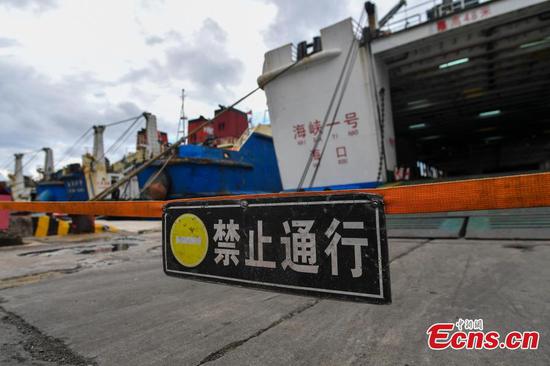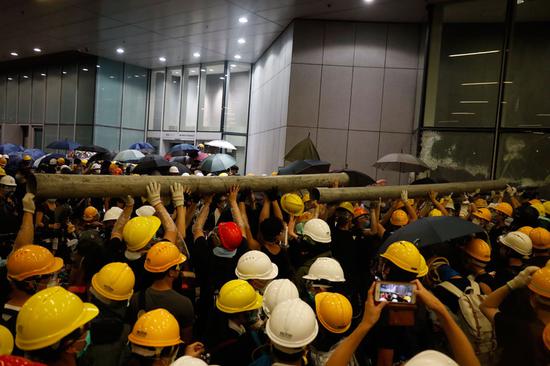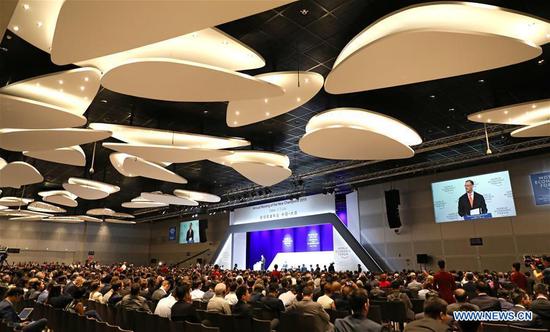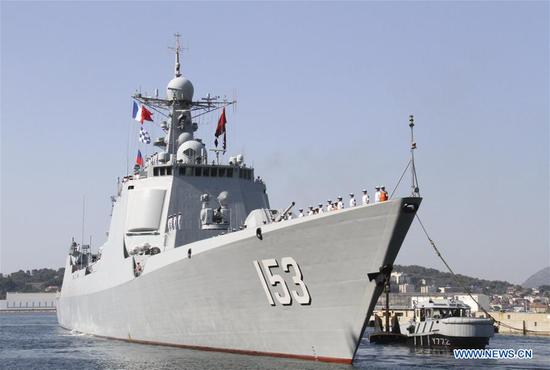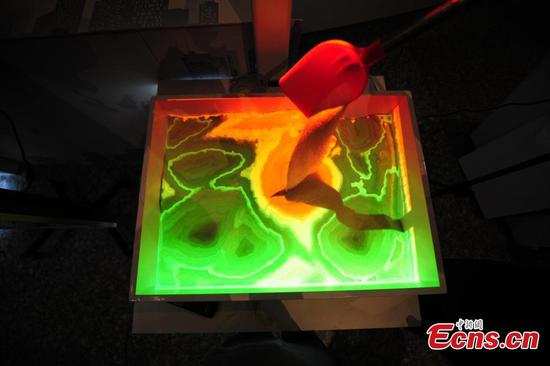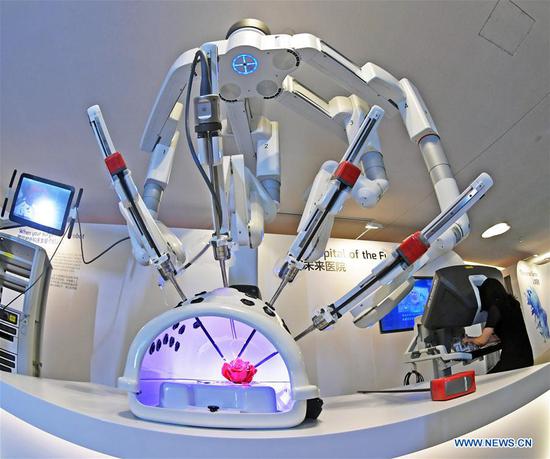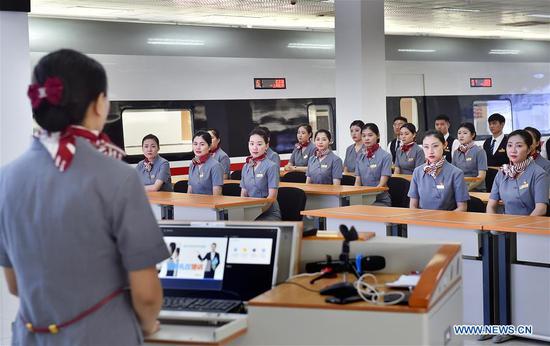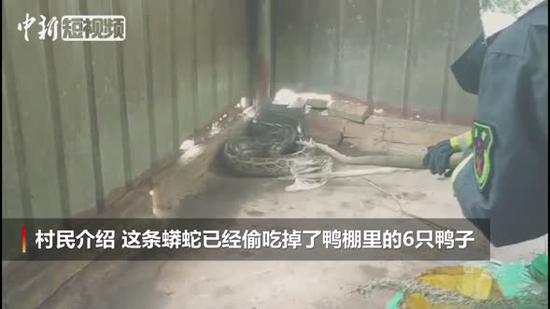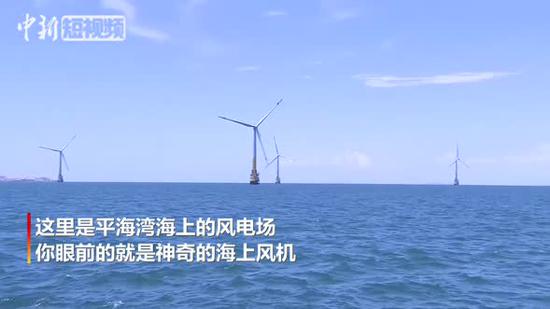Global financial markets cheered on the first trading day after Beijing and Washington agreed to bring their trade talks back on track on the sidelines of the Group of 20 (G20) summit in the Japanese city of Osaka.
Major risk assets including U.S., European and Asian stock markets, as well as crude oil, soared following the good news.
The broad rally across risk assets on Monday showed a high degree of public jubilation over the outcome of the high-stakes and highly-anticipated meeting between Chinese President Xi Jinping and his U.S. counterpart, Donald Trump. Any move in China-U.S. relations is always reflected in the global market indices.
Taking the U.S. equities market as an example, ever since the United States unilaterally stirred up economic and trade frictions with China in March last year, the stock market boomed whenever the two countries made progress in negotiations, and plunged when negotiations faltered.
Following the U.S. government's sudden announcement to impose additional tariffs on 200 billion U.S. dollars' worth of Chinese imports in May, all three of the major U.S. stock indices fell more than 6.5 percent.
Bilateral trade between China and the United States exceeded 630 billion dollars in 2018, and extensive cooperation between businesses of the two countries is seen in almost every industry. Any policy that is detrimental to one side will inevitably harm the interest of the other.
It was U.S. technology companies that bore the brunt of U.S. sanctions against Chinese telecommunications company Huawei. Micron Technology and ON Semiconductor, two major chipmakers, both plunged more than 20 percent from their monthly highs in May after the news broke.
U.S. manufacturers and retailers have already lowered their earnings forecasts for the year, warning investors of the negative impact the trade tensions could bring about and calling on the U.S. government to reconsider its trade policies.
In stark contrast, the news on June 25 that some chipmakers resumed supply to Huawei pushed up their shares, including Micron Technologies, which rose more than 13 percent the next day. On Monday, the S&P 500's technology sector gained 1.45 percent, leading the market.
For more than a year, the roller-coaster ride in U.S. stocks can be taken as a silent protest by market participants against the U.S. government's disruption of the international economic and trade order.
In mid June, more than 600 U.S. companies, including many publicly-traded ones, sent a letter to the White House asking the U.S. government to stop imposing tariffs and return to the negotiating table. The reason behind such a move is self-evident: China is an indispensable market for many American companies. They cannot afford to lose it.
In addition, the impact of U.S.-China trade frictions is not limited to the two countries. It has already spread to the global market.
Oil prices fell in recent months as investors worried about weak demand due to mounting risks to the global economy. Analysts have attributed the slowdown in global economic growth to trade tensions, largely caused by unilateralism, protectionism and trade bullying.
Economists generally expect the global economy to lose 1 to 2 percentage points in the coming years if China and the United States fail to reach a trade agreement.
The trade issue between China and the United States can not be resolved overnight, given its high level of complexity. Washington needs to work with China to strike a balanced deal in order to better benefit the peoples of the two countries and the world at large.















